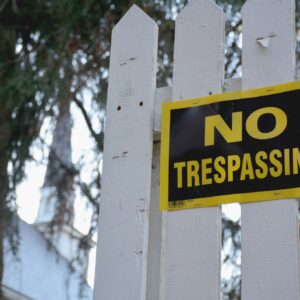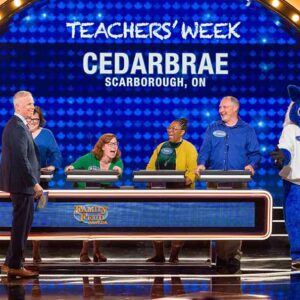
By Ozman Omar
Dozens of people gathered at 862 Richmond Street West in Toronto to attend an Indigenous themed video games and comic book event Thursday night.
The event is part of Planet IndigenUS, a 10 day celebration of contemporary Indigenous culture.
Hosted by Pinnguaq, AH Comics and York University the objective of the event is to recognize Aboriginal contributions in the gaming and the comic world as well as introduce people to Aboriginal culture through these mediums.
“My company Pinnguaq, produces a lot of content rooted in Inuit culture and so the idea came about where we can throw some kind of celebration that celebrates Indigenous games as a whole and game makers,” said Ryan Oliver, founder of Pinnguaq.
In addition to showcasing Aboriginal culture and the works innovative game makers from that community Oliver would like to draw attention to the actual games and have people to playing and enjoying the games.
“It’s as much about celebrating indigenous culture as bringing awareness to the games that have Indigenous links, that may otherwise be overlooked,” Oliver said.
One of these games is ‘Lovers in a Dangerous Spacetime’, a 1 to 2 player game where the goal is to rescue kidnapped bunnies by defeating evil robots.
Game developer Jamie Tucker, is originally from Munsee Delaware Nation, Ontario and is the co-founder of Asteroid Base, a Toronto-based indie game making studio.
“We introduced the game by having some game jams in Toronto, where like 500 people come together, make games together and that’s how we started,” said Tucker.
When ‘Lovers in a Dangerous Spacetime’ was launched at a game jam in January 2012, that’s when it slowly began to draw fan interest.
“At first it was like a small hobby project, then it got more steam and people became more interested in it, and then it became like a bigger and bigger thing. Now we are closing to releasing it and it will be coming to Xbox One and Steam. It’s something we can build our company around,” Tucker added.
Until just a few years ago it wasn’t easy for game makers to break into the industry unless they work for a major publisher, in recent years however, more independent and amateur developers started making gains in the industry.
“As of the late 2000s it became easier for amateur hobbyists like us to get a foot hold in the industry by releasing these games and publishing it ourselves,” said Tucker.
“That’s one of the things we were able to do when Xbox One and PlayStation4 came out. Before that those platforms were completely locked off unless you were a major publisher. But now you can self-publish and are able to see your game in the store next Call of Duty and Assassins Creed, huge games and we have just as much shelf space.”
Tucker says he hopes this event will serve as a motivation for game makers. “The greatest validation you can get when you make a video game is to watch someone play it.”
Oliver, who isn’t Aboriginal but spent ten years working and living in Nunavut said he wanted to create something that connects him back to the Inuit community.
“Living in Nunavut for as long as I did and my kids growing up there, that’s where it started to create something that my kids can connect to, because at the time our house was ‘videogame central’ and now as they’re growing up I felt that we need to have something that connects back to the culture,” Oliver said.















